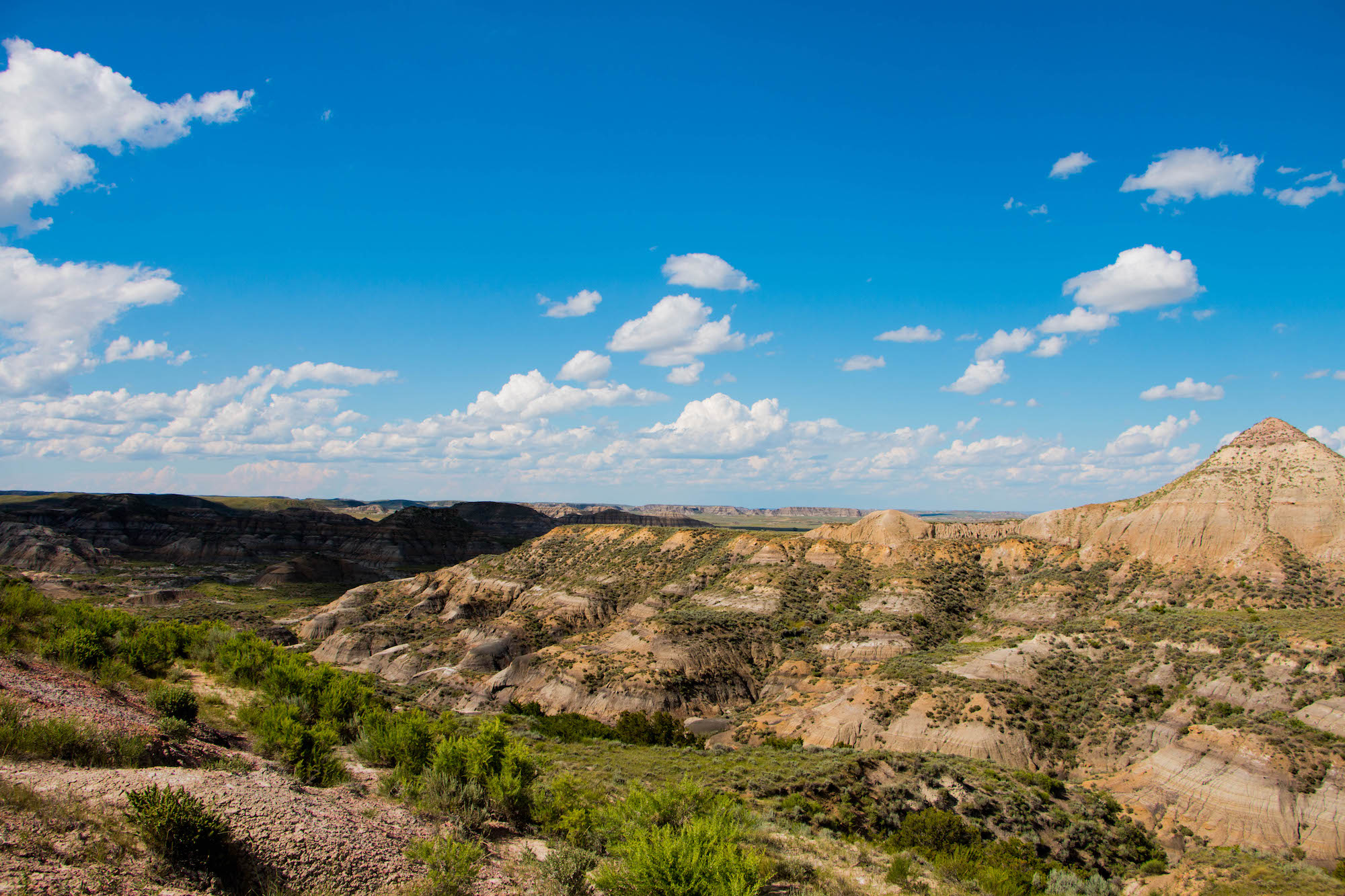Below are courses taught by Greg Wilson. For additional paleobiology courses and more information about the Paleobiology minor see the Paleobiology website or contact Professor Wilson.
BIOL 438 Analytical Paleobiology (Autumn – 5 credits)
An introduction to the principles and analytical methods in the study of paleobiology, morphology, and systematics. Topics include paleobiogeography, morphology-based phylogenetics, evolutionary rates, biodiversity curves, functional morphology, morphometrics, and paleoecology. Emphasis on application of methods using fossil and modern specimens.
BIOL 443 Evolution of Mammals & Their Ancestors (Spring – 5 credits)
An introduction to the evolutionary history and systematics of mammals and their ancestors from 310 million years ago to the present. Lectures focus on major evolutionary trends and systematics of representative groups. The first half covers early mammal ancestors, Mesozoic mammals, and the origin of modern mammal groups, including monotremes, marsupials, and placentals. The second half covers the evolutionary radiation of major marsupial and placental lineages in the context of Cenozoic changes in geography, climate, and vegetation. In the laboratory section, students examine fossil and modern mammal specimens from the Burke Museum collections.
BIOL 475A/ESS 449A Paleontology Field Methods & Research (Summer A – 3, 4 or 5 credits)
A five-week introduction to field methods and research in paleontology. Students develop practical skills in collecting, analyzing, and interpreting field data and designing field-based research projects by participating in ongoing paleontology research. Topics covered include excavation of fossil specimens, identification and curation of fossil specimens, collection and interpretation of stratigraphic and taphonomic data, and report writing.
BIOL 499 Independent Undergraduate Research (All year – credits may vary)
This opportunity for independent research is for students interested in vertebrate paleontology, dental functional morphology, or mammalian evolution. Students of varying levels of experience may apply directly to the instructor via email. Students should expect to meet on a regular basis to discuss progress.
